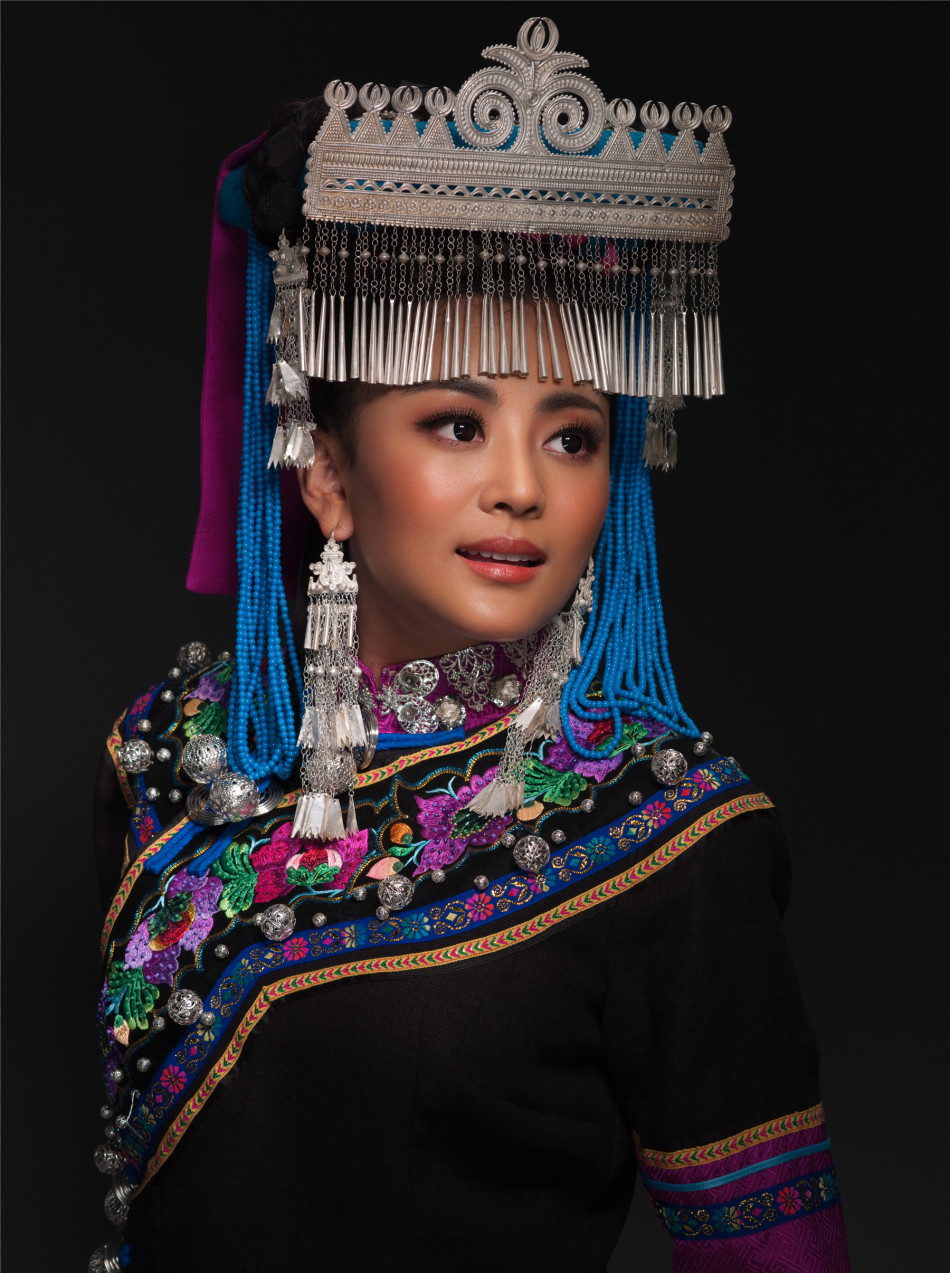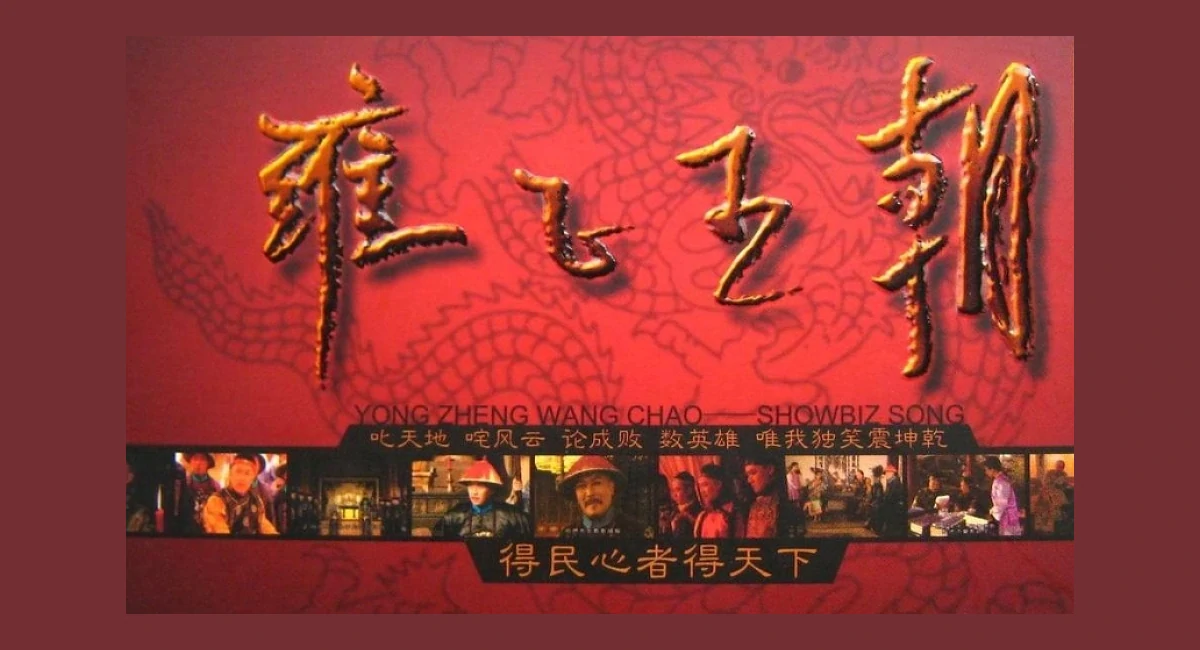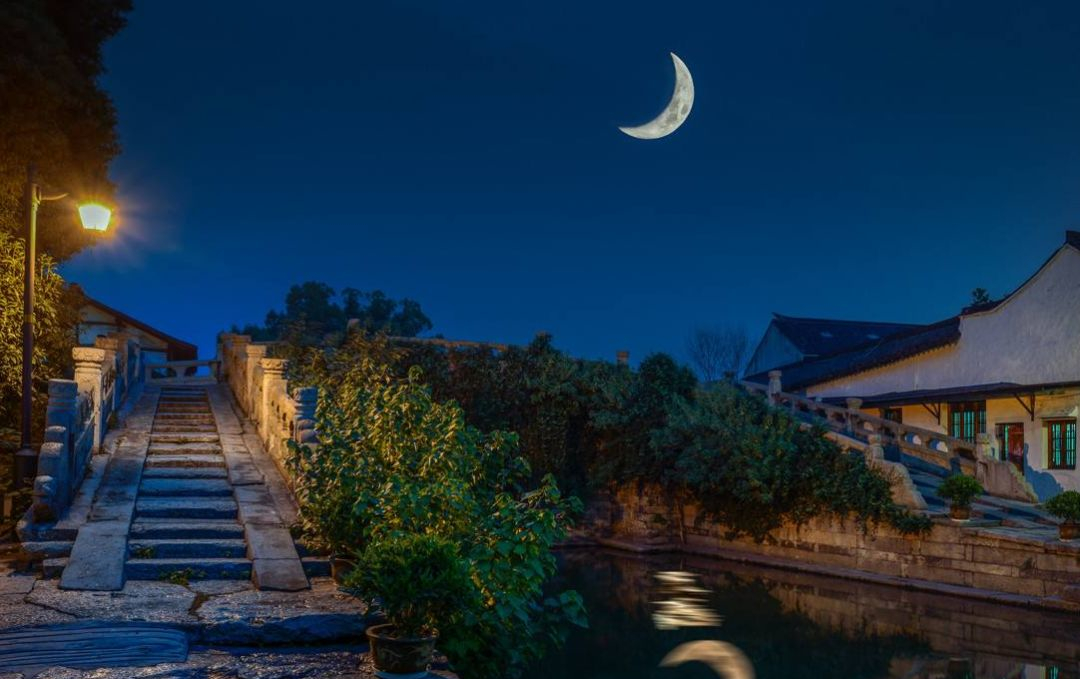
Dominio de Pingus is a Spanish winery located in Quintanilla de Onésimo in Valladolid province with vineyards in La Horra area of the Ribera del Duero region. The estate's flagship wine, Pingus, is considered a "cult wine", sold at extremely high prices while remaining very inaccessible,[1][2] and commands an average price of $811 per bottle.[3]
The winery also produces a second wine, Flor de Pingus, and a special cuvée, Ribera del Duero "Amelia". Recently, Dominio de Pingus has founded a joint project with local grape producers to make an old vine tempranillo called "PSI".
Dominio de Pingus was established in 1995 by Danish oenologist Peter Sisseck, also manager of the Pesquera de Duero estate Hacienda Monasterio.[4] On the estate's winemaking philosophies, Sisseck has stated, "The vines in my plots are very old. They have never been fertilised nor treated with pesticides and all grow following the traditional en vaso system. They are perfect."[4]
About the first 1995 vintage of Pingus, Robert Parker declared, "One of the greatest and most exciting wines I have ever tasted".[5] With a very limited first vintage production, only 325 cases were made with prices initially set at US$200 per bottle, it became yet more scarce when in November 1997 the ship transporting a U.S. bound shipment of 75 cases disappeared somewhere off the Azores in the North Atlantic Ocean.[6] The shipwreck resulted in a dramatic reaction in the US market, with prices soon rising to $495 per bottle.[5][6]
At the Ronda WineCreator conference of April 2008, Sisseck was angered by suggestions by Decanter editor Guy Woodward that some winemakers make wines to suit the palates of certain critics. In response he called Woodward's remarks arrogant for implying winemakers do not have their own opinions, adding, "I don't even think it is possible to do this."[7]
In 2007 it was announced that the Spanish government had approved plans to expand highway roads through the vineyards of Dominio de Pingus and other wineries, which was met with strong opposition by Sisseck who called it a "vengeful measure".[8]
Planted with very old vines of Tinto Fino, i.e. Tempranillo, the vineyards are 2.5 hectares (6.2 acres) in Barrosso with vines exceeding 65 years and 1.5 hectares (3.7 acres) in San Cristobal with vines older than 70 years, and the unusually low average yield of 12 hL per hectare. Since 2000, the viticulture has been biodynamic. Of the annual production of Pingus there is typically less than 500 cases, though in poor vintages no Pingus is made.
The production of the second wine Flor de Pingus, also 100% Tempranillo, is made with fruit from rented vineyards in the La Horra zone, with vines older than 35 years. Since the 2005 vintage, the viticulture has been biodynamic. The annual production is on average 4,000 cases.
Additionally there has been the single barrel cuvée, Ribera del Duero "Amelia", made from a vineyard parcel of 100+ year old vines with an average yield of 10 hL per hectare, with biodynamic viticulture since its initial 2003 vintage. The 2005 vintage had a production of 25 cases.
"PSI" is a joint project based on fruit produced by local grape growers from old tempranillo vines. The goal is to help grape producers and save old vines. Project was founded in 2006, first vintage was 2007. Grape growers are encouraged to employ biodynamic or organic vineyard management practices. The wine is made by Peter Sisseck and Pablo Rubio and sold under producer name Bodegas y Viñedos Alnardo. Vinification takes place in large concrete vats and aging in concrete and wooden tanks and oak barrels. Production of PSI 2009 was 9,600 cases, PSI 2010 was 16,600 cases.


Torino (AFI: /toˈrino/[5], ascolta[?·info]; Turin in piemontese [tyˈriŋ], ascolta[?·info] [6]) è un comune italiano di 852 223 abitanti (al 30 settembre 2021)[2], quarto comune italiano per popolazione e capoluogo dell'omonima città metropolitana e della regione Piemonte. Cuore di un'area metropolitana, Torino è il terzo complesso economico-produttivo del Paese e costituisce uno dei maggiori poli universitari, artistici, turistici, scientifici e culturali d'Italia. Nel suo territorio sono inoltre presenti aree ed edifici inclusi in due beni protetti dall'UNESCO: alcuni palazzi e zone facenti parte del circuito di residenze sabaude in Piemonte (patrimonio dell'umanità[7]) e l'area delle colline del Po (riserva della biosfera).
Città dalla storia bimillenaria, fu fondata probabilmente nei pressi della posizione attuale, attorno al III secolo a.C., dai Taurini, quindi trasformata in colonia romana da Augusto col nome di Iulia Augusta Taurinorum nel I secolo a.C.. Dopo il dominio ostrogoto, fu capitale di un importante ducato longobardo, per poi passare, dopo essere divenuta capitale di marca carolingia, sotto la signoria nominale dei Savoia nell'XI secolo. Città dell'omonimo ducato, nel 1563 ne divenne capitale. Dal 1720 fu capitale del Regno di Sardegna (anche se solo de facto fino alla fusione perfetta del 1847, quando lo divenne anche formalmente),[8] Stato che nel XIX secolo avrebbe portato all'unificazione italiana e che fece di Torino la prima capitale del Regno d'Italia (dal 1861 al 1865).
Sede nel 2006 dei XX Giochi olimpici invernali, nel 2022 della 66ª edizione dell'Eurovision Song Contest[9], città natale di alcuni fra i maggiori simboli del Made in Italy nel mondo, come il Vermut, il cioccolato gianduja e il caffè espresso, è il fulcro dell'industria automobilistica italiana, nonché importante centro dell'editoria, del sistema bancario e assicurativo, delle tecnologie dell'informazione, del cinema, dell'enogastronomia, del settore aerospaziale, del disegno industriale, dello sport e della moda.


明媚的夏日里天空多么晴朗
美丽的太阳岛多么令人神往
带着垂钓的鱼杆
带着露营的篷帐
我们来到了太阳岛上
我们来到了太阳岛上
小伙们背上六弦琴
姑娘们换好了游泳装
猎手们忘不了心爱的猎枪
心爱的猎枪
幸福的热望在青年心头燃烧
甜蜜的喜悦挂在姑娘眉梢
带着真挚的爱情
带着美好的理想
我们来到了太阳岛上
我们来到了太阳岛上
幸福的生活靠劳动创造
幸福的花儿靠汗水浇
朋友们献出你智慧和力量
明天会更美好
明天会更美好

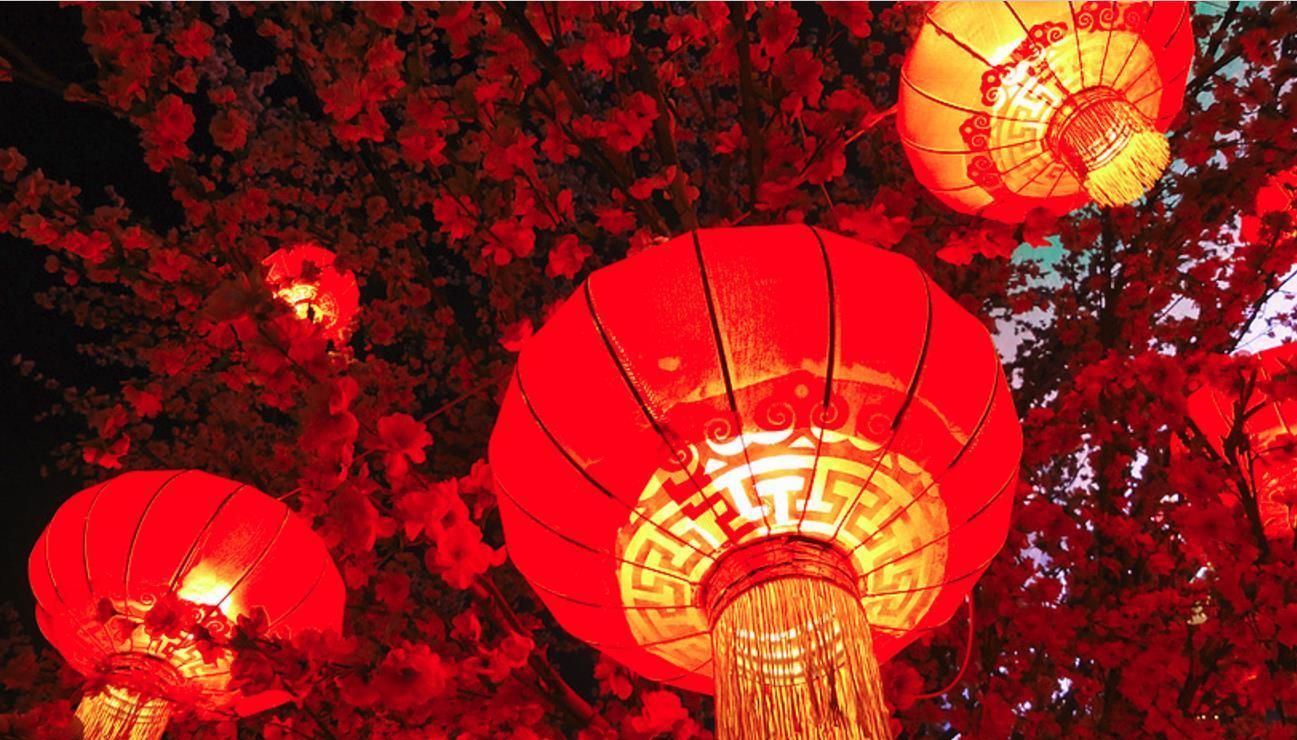
1. 0:00 大团圆 2. 3:57 新的一年 3. 7:16 庆祝 4. 11:13 新年万万岁 5. 14:24 大日子 6. 18:18 快乐讯号 7. 21:33 我的新年台 8. 25:04 天天好天 9. 29:13 爆竹一声大地春+欢迎新年到 10. 33:12 迎春花+万事如意 11. 37:05 幸福歌谣 12. 40:30 大发财 13. 43:43 祝福你 14. 46:55 惜福 15. 50:37 新年喜洋洋 16. 54:04 福气 17. 58:09 新年童趣 18. 1:01:22 春之晨 19. 1:05:24 喜庆新年乐 20. 1:08:54 庙宇朝拜 21. 1:12:08 恭喜恭喜 22. 1:15:10 恭喜发财



坐上那朵离家的云霞
飘去无人知晓的天涯
背着妈妈说的那句话
孩子人生其实不复杂
喔眼泪轻轻地擦
别管那多嘴乌鸦
咽下那些风沙
你才能慢慢长大
要错过几个她
用你最好的年华
这是青春的代价
当离别开出花
伸出新长的枝桠
像冬去春又来
等待心雪融化
你每次离开家
带着远方的牵挂
那城市的繁华
盖住了月牙
当离别开出花
它生长在悬崖
在最高的山顶
才听得见回答
没什么好害怕
孩子放心去飞吧
在你的身后
有个等你的家
坐上那朵离家的云霞
飘去无人知晓的天涯
背着妈妈说的那句话
孩子人生其实不复杂
喔眼泪轻轻地擦
别忘那童年梦话
散在远方的花
也随风慢慢长大
要错过几个她
用你最真的年华
这是青春的回答
当离别开出花
伸出新长的枝桠
像冬去春又来
等待心雪融化
你每次离开家
带着远方的牵挂
那城市的繁华
盖住了月牙
当离别开出花
它生长在悬崖
在最高的山顶
才听得见回答
没什么好害怕
孩子放心去飞吧
在你的身后
有个等你的家
当离别开出花
它生长在悬崖
在最高的山顶
才听得见回答
没什么好害怕
孩子放心去飞吧
在你的身后
有个等你的家
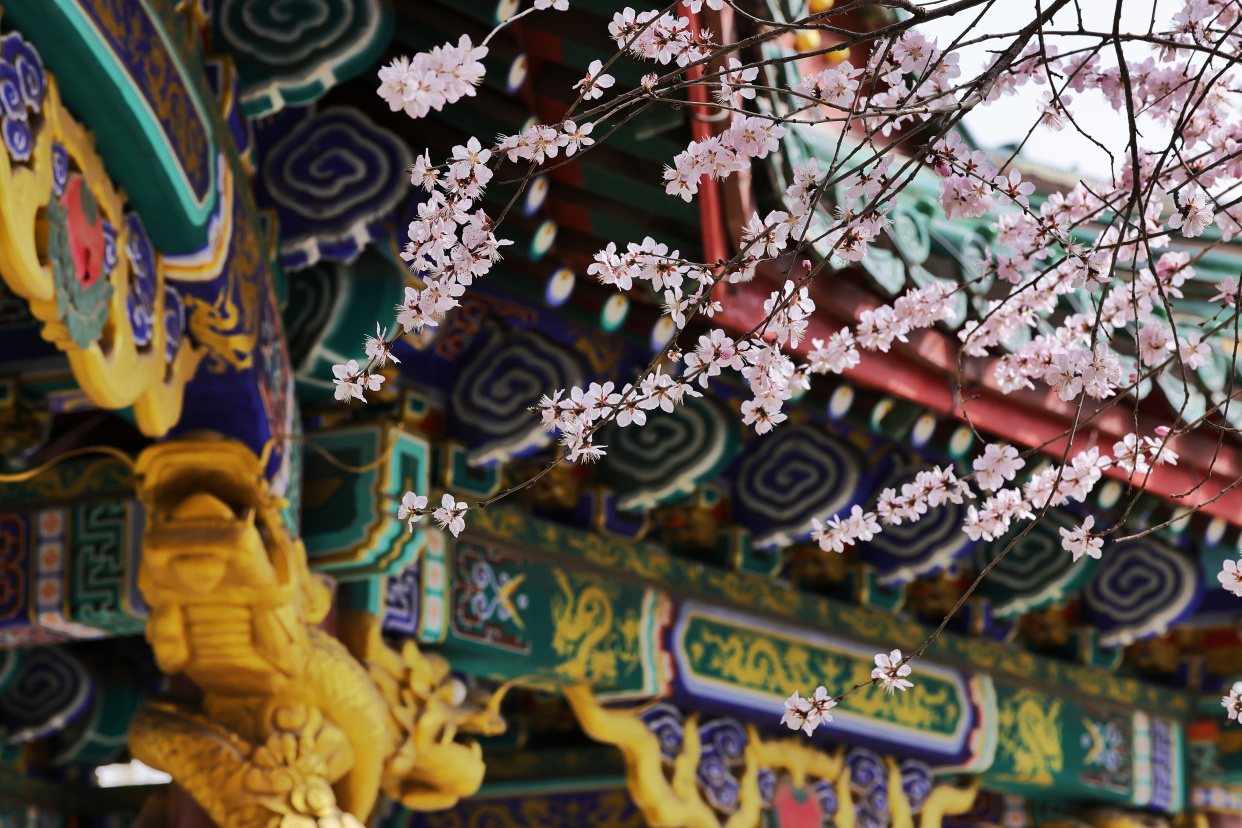
男:我们好像在哪见过 你记得吗
女:好像那是一个春天 我刚发芽
男:我走过
女:没有回头
男:我记得
女:我快忘了
男:我们好像在哪见过 你记得吗
女:记得那是一个夏天 盛开如花
男:我唱歌
女:没有对我
男:但我记得
女:可我快忘了
男:我们好像在哪见过 你记得吗
女:好像那是一个秋天 夕阳西下
男:你美得让我不敢和你说话
女:你经过我时风起浮动
合:我的发
男:我们好像在哪见过 你记得吗
女:记得那是一个冬天 漫天雪花
男:我走过
女:没有回头
男:我记得
女:我快忘了
男:我们好像在哪见过 你记得吗
女:那时你还是个孩子 我在窗棂下
男:我猜着你的名字刻在了墙上
女:我画了你的模样对着弯月亮
男:我们好像在哪见过 你记得吗
女:当我们来到今生 各自天涯
男:天涯相望今生面对谁曾想
女:还能相遇一切就像
合:梦一样
我们好像在哪见过

把你的倩影画在家乡的山顶
甜蜜的笑容定格在我心里
深情的歌声描绘你的美丽
只为让你永驻我心里
我用爱画一个温柔可爱的你
让我在梦中无数次见到你
梦你的夜晚我不愿醒来
只为把你画在我心里
画上你的美丽
只为把你画在我心里
把你的倩影画在故乡的山间
幸福的笑容定格在我心里
把你的温柔画成那小河
爱情的泉水永流我心里
我用情画一个俊俏可爱的你
用爱的心愿描绘最爱的你
梦你的时候我不愿醒来
我用一生守护着你
画上你的美丽
我用一生守护着你
画上你的美丽
我用一生守护着你
我用一生守护着你
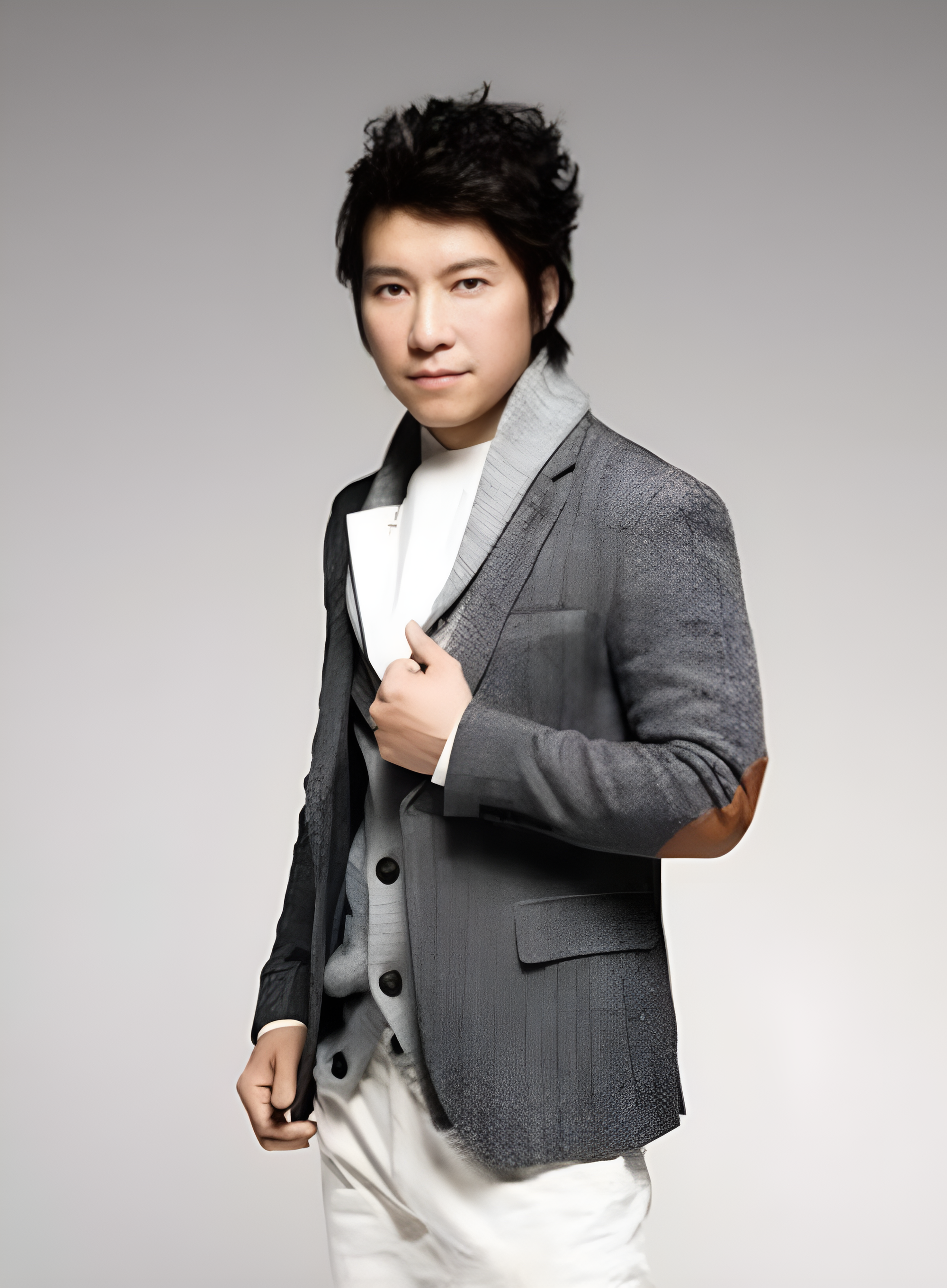


仁:仁者,人人心德也。心德就是良心,良心即是天理,乃推己及人意也。所以仁字,从二人相处,因为人不能离群而独存,别人之观念立,人之人格显,方能雍容和谐,以立己立人,发挥老吾老幼吾幼之怀抱,以及己所不欲,勿施于人,事物为人,而不为己,发为恻隐之心,宽裕温柔,仁也。
义:义者,宜也,则因时制宜,因地制宜,因人制宜之意也。所当做就做,不该做就不做。见得思义,不因果滥取不义之财物。子曰:「君子喻於义,小人喻於利,不义而富且贵,於我如浮云。」所以人发为羞恶之心,发为刚义之气,义也。
礼:礼者,说文:礼,履也,所以事神致福也。释名:礼,体也,得其事证也,人事之仪则也。进退周旋得其体,乃是正人身之法也。尊卑长幼有序,处事有规,淫乱不犯,不败人伦,以正为本,发为恭敬之心,斋庄中正之态,礼也。
智:智者,知也,无所不知也。明白是非、曲直、邪正、真妄,即人发为是非之心,文理密察,是为智也。
信:信者,信字从人言,言非曰,乃有定之文也,以今之概念定义可解为“学说”、“思想”。信与知对立,知宜者唯宜以行,不知宜者从他人言而信,进而守礼以近仁。因此言:必信者无义。
孔子曾将“智仁勇”称为“三达德”,又将“仁义礼”组成一个系统,曰:“仁者人(爱人)也,亲亲为大;义者宜也,尊贤为大;亲亲之杀,尊贤之等,礼所生焉。” 仁以爱人为核心,义以尊贤为核心,礼就是对仁和义的具体规定。
孟子在仁义礼之外加入“智”,构成四德或四端,曰:“仁之实事亲(亲亲)是也;义之实从兄(尊长)是也;礼之实节文斯二者是也;智之实,知斯二者弗去(背离)是也。” “性善说”,曰:“恻隐之心,人皆有之;羞恶之心,人皆有之;恭敬之心,人皆有之;是非之心,人皆有之。恻隐之心,仁也;羞恶之心,义也;恭敬之心,礼也;是非之心,智也。仁义礼智,非由外铄我也,我固有之也,弗思耳矣。” (《孟子·告子上》)
董仲舒又加入“信”,并将仁义礼智信说成是与天地长久的经常法则(“常道”),号“五常”。 曰:“夫仁、谊、礼、知、信,五常之道。”(《举贤良对策一》)

牵住你的手相别在黄鹤楼
波涛万里长江水送你下扬州
真情伴你走春色为你留
二十四桥明月夜牵挂在扬州
扬州城有没有我这样的好朋友
扬州城有没有人为你分担忧和愁
扬州城有没有我这样的知心人
扬州城有没有人和你风雨同舟
烟花三月是折不断的柳
梦里江南是喝不完的酒
等到那孤帆远影碧空尽
才知道思念总比那西湖瘦



